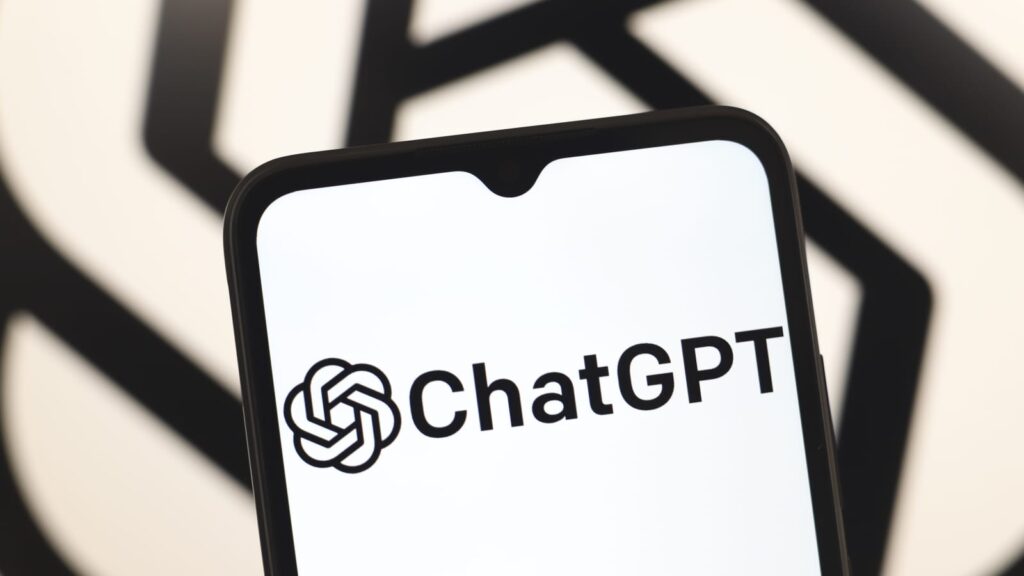ChatGPT Isn’t Just for Writing Anymore; New Report Reveals How 700 Million Users Are Relying on AI

ChatGPT Isn’t Just for Writing Anymore; New Report Reveals How 700 Million Users Are Relying on AI
OpenAI study shows shift from task execution to advice, discovery, and personal guidance
OpenAI has released a comprehensive report analyzing how people use ChatGPT, drawing on more than 1.5 million conversations over the past three years. The findings highlight how the tool has evolved from a writing assistant into an everyday guide for information and decision-making.
Since late 2022, ChatGPT’s user base has skyrocketed from just 1 million active users to 700 million weekly users in 2025. While the platform was initially known for helping with emails, essays, and coding, the latest data reveals a clear shift: fewer people are using it mainly for writing, and more are turning to it for advice, discovery, and personal support.
Usage patterns and trends
- Practical guidance—including advice, tutoring, and problem-solving—has consistently made up around 29% of interactions.
- Writing tasks—once the most common use at 36%—have now declined to 24%.
- Seeking information—ranging from recipes to product recommendations—has surged from 14% to 24%, showing ChatGPT’s growing role as a search and discovery tool.
Interestingly, OpenAI notes that 70% of conversations are not work-related. Instead, users lean on ChatGPT in their personal lives, whether for learning, decision-making, or reflective dialogue.
The three major query types
According to the report, almost all ChatGPT interactions can be grouped into three categories:
- Asking: gathering insights, advice, or guidance for decision-making.
- Doing: having ChatGPT complete a task, such as writing or coding.
- Expressing: engaging in reflective, personal, or conversational exchanges.
OpenAI CEO Sam Altman has cautioned against sharing sensitive personal information with ChatGPT, highlighting the lack of legal confidentiality. He pointed out that unlike therapists or doctors, conversations with AI are not protected, potentially creating privacy risks in legal situations. Altman suggests users should seek clarity on privacy before extensively using ChatGPT.
However, the report emphasizes a growing trend: fewer people want ChatGPT to “do the work” for them, while more are treating it like a trusted source of information and discovery, closer to a search engine than a productivity assistant












